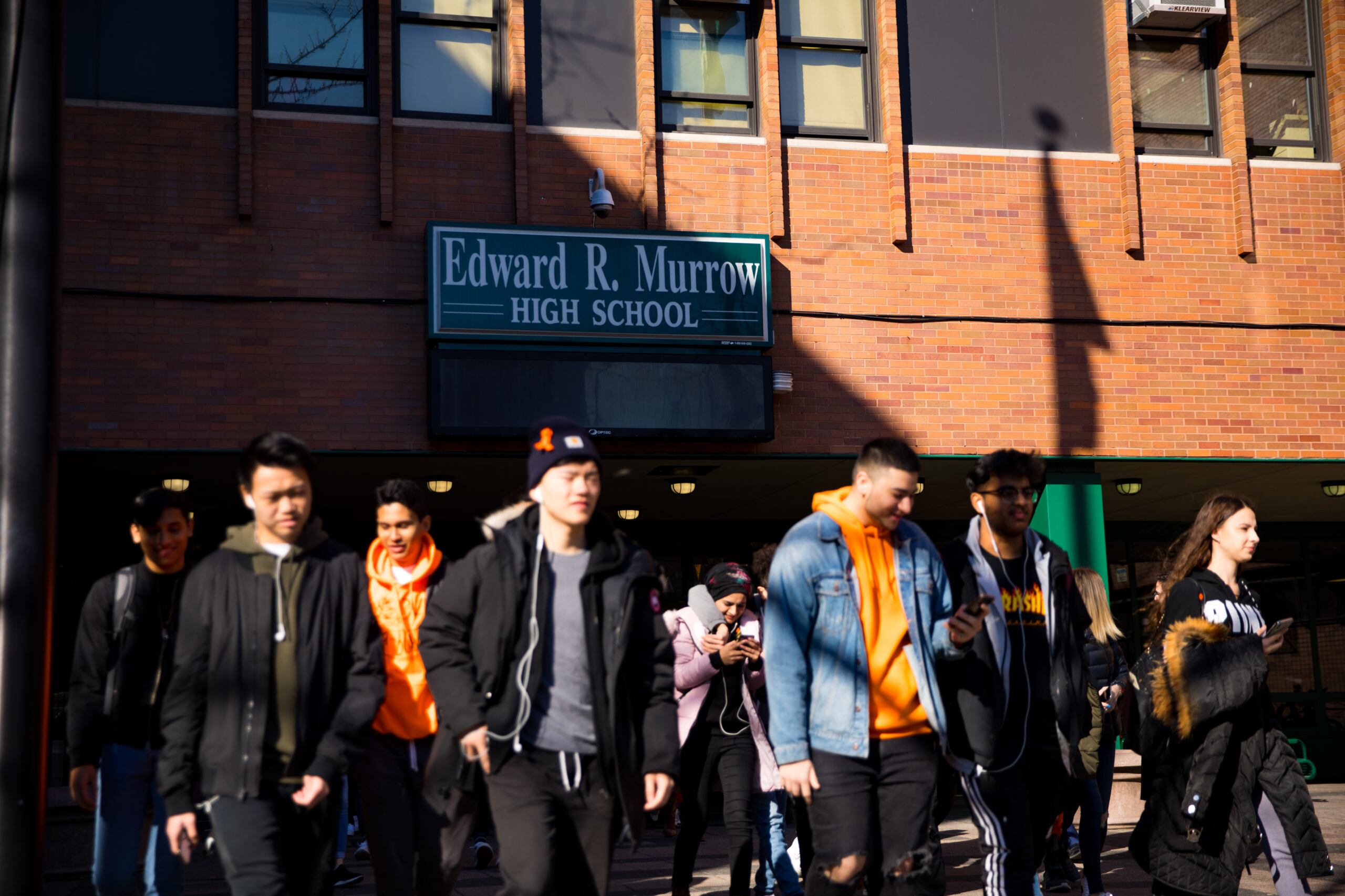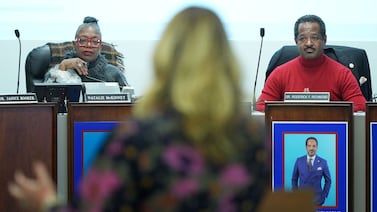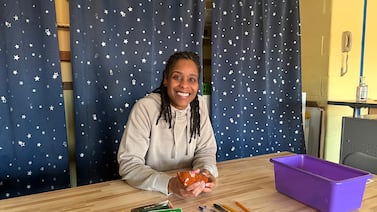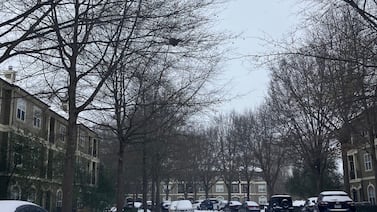New York City officials are launching a new effort to curb discrimination against the city’s oldest residents — by educating some of its youngest.
A pilot curriculum jointly operated by the city’s Department for the Aging and Department of Education will introduce the concept of “ageism” to students at 13 Brooklyn high schools, with the goal of eventually expanding citywide.
Creators of the new pilot program say young people are uniquely positioned to learn about the harmful effects of age discrimination because they may have experienced a version of it themselves.
“If you see how you are marginalized and disenfranchised and hurt” by ageism, said Department for the Aging Commissioner Lorraine Cortés-Vázquez, “you would think about doing that to someone else.”
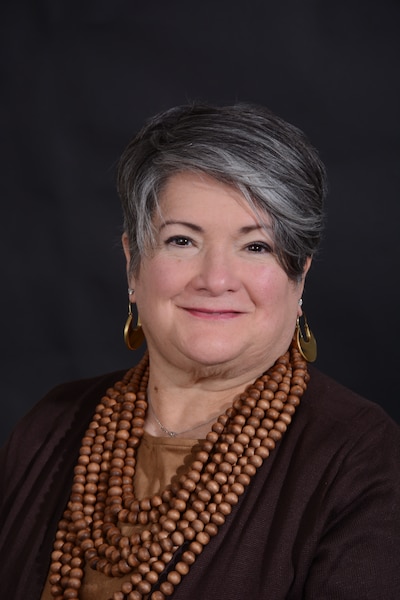
The goal of the pilot program, she added, is to bring “the two bookends of our city, the youth and older adults … in conversation.”
The city’s Department for the Aging has for years been searching for ways to spread awareness about ageism, which Cortés-Vázquez defines as discrimination based on age that can “disenfranchise” and “marginalize” its targets, while keeping them “economically disadvantaged.”
The department, in partnership with a new citywide council on older New Yorkers created under Mayor Eric Adams, weighed the idea of campaigns focused on industry leaders or equipping older New Yorkers with tools to advocate for themselves. But an experience last summer working with teenage interns ultimately convinced department officials to focus their efforts on students.
The summer interns got a crash course in the harms of ageism, and came out with a more nuanced understanding of how to approach the older adults in their lives, Cortés-Vázquez said.
“We asked, ‘Did being here change the way you thought?’” Cortés-Vázquez recalled.
The student interns responded with “such heartfelt statements [as], ‘I used to take my grandma for granted, I never really spoke to her except about grandmotherly things,’” Cortés-Vázquez said.
Department for the Aging officials found a willing partner in Michael Prayor, superintendent of high schools in South Brooklyn. Prayor had already launched an anti-discrimination curriculum, and said the new pilot program will fit neatly into that framework.
Prayor said the appeal of the anti-ageism pilot was “personal.”
“I think of my own father who’s 93-years-old, and I want him to live in a society where he is still respected, loved, and cared for as a senior citizen,” he said. “One of the best ways to go about creating a society that supports and reveres the elderly is to start with educating our young people.”
The resource guide created by the department for the aging distinguishes between “structural” ageism in institutions like healthcare, and interpersonal ageism, which can include dismissive comments and stereotypes.
The guide also includes suggestions for lessons, including oral history projects where students interview older adults about their lives, and videos that debunk some common stereotypes about older adults, especially around their physical fitness.
Cortés-Vázquez said that she hopes to gather feedback from the pilot program and eventually expand the resource guide to every school in the city.
Michael Elsen-Rooney is a reporter for Chalkbeat New York, covering NYC public schools. Contact Michael at melsen-rooney@chalkbeat.org.

